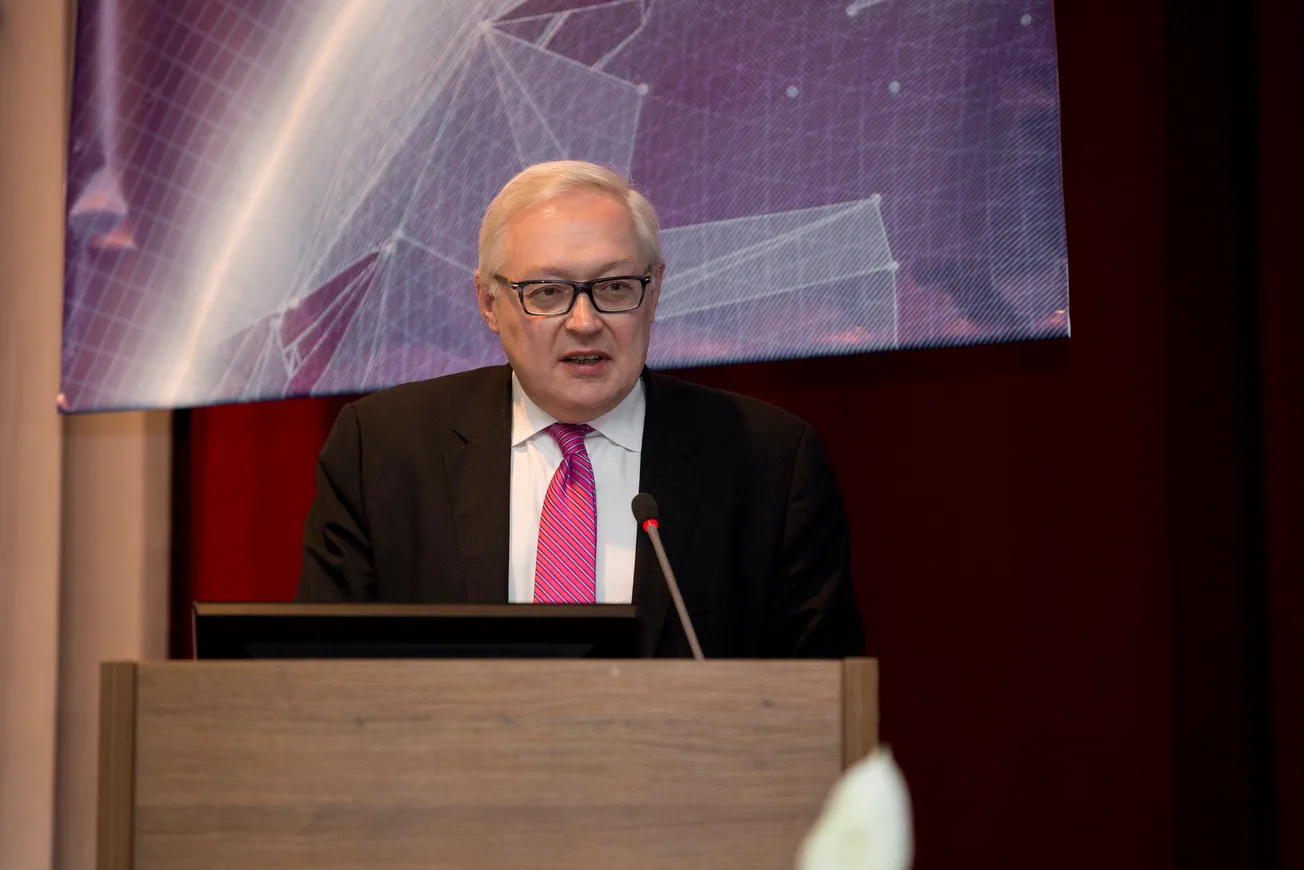Russian Deputy Foreign Minister Sergei Ryabkov gave an interview to RTVI yesterday, during which he argued that U.S. behavior in the strategic stability dialog looks pretty much like what often happens in cases of bipolar disorder. “The Americans are notorious for their dual approaches. There can simultaneously coexist both (a) fundamental denial of certain realities, which, no matter how much they may postulate the opposite, are still observed, regardless of their will, and at the same time (there are) attempts to influence this very reality, in other words, to eliminate it or change it somehow,” Ryabkov said, reported TASS. “I believe that this is a manifestation of bipolarity not in the geopolitical sense, as it was said in the Cold War era, but a brain problem, if you don’t mind my saying so … I think that what they really need is to reorganize themselves a little bit somehow and look at themselves more sensibly and soberly before we will be able to discuss something like this with them substantively,” Ryabkov stressed.
Regarding the Comprehensive Nuclear-Test-Ban Treaty itself, Ryabkov stressed that Russia has not withdrawn its signature and continues to implement the treaty on its territory. “We have confined ourselves to restoring the balance. Once again: we have not gone anywhere further. Russia has not withdrawn its signature to the treaty and it will continue to adhere to its provisions,” he said. “Russia has practically completed the creation of a segment of the international monitoring system on its territory, which includes both geo-seismic and acoustic stations, and equipment to monitor the release into the atmosphere of noble gases that are produced during nuclear tests, including underground ones. All this reflects our full commitment to the spirit and letter of the treaty,” Ryabkov said.
“There are countries that have neither signed nor ratified the CTBT. Among those who have not ratified it the U.S. is not alone,” Ryabkov explained. “Now we are on a par in this regard with the U.S. and some other states that have signed the treaty, but not ratified it. The political logic of proportionate retaliation has worked.”



